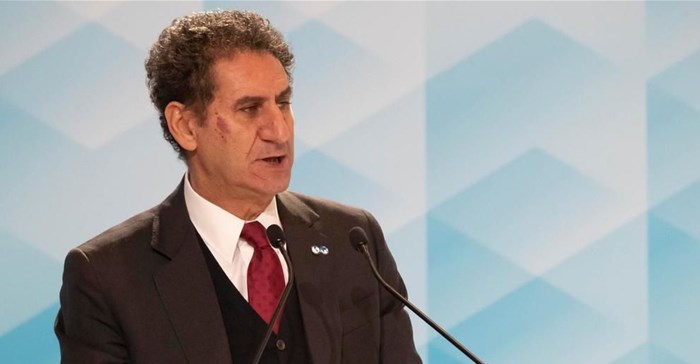
Top stories






More news

ESG & Sustainability
#AGES2026: How to back Africa's next-gen green and blue entrepreneurs















Logistics & Transport
#Budget2026: Road freight logistics and what it means for consumers


Speaking at the virtual Africa Energy Indaba, he said that policymakers need to use their limited public resources strategically, and alongside policy and regulatory instruments, to unlock the $105bn required annually to install the 1,026GW of renewable energy needed to meet the continent’s energy needs by 2050.
While public finance, on average, provided 14% of total investments for renewable energy projects between 2013 and 2018, the share of public funds in renewable energy investment in sub-Saharan Africa stood at 34%.
The continent was also lagging in its deployment of renewables, having added less than 2GW in 2019, which was the lowest rate of growth in seven years and represented less than 2% of worldwide capacity additions in that year.
“This indicates the need for enhanced involvement of the private sector,” he said, adding that Covid-19 had placed additional strain on public resources, thereby accentuating the need for non-governmental participation.
“Investment should be directed towards offering higher risk tolerance and for new instruments such as green bonds, blended finance and tailored financial and risk mitigation instruments,” he said.
Irena has set up a Climate Investment Platform to facilitate the creation of a pipeline of bankable projects. “So far in Africa, 97 projects worth over $38bn have been registered, and 198 private and public partners have expressed their interest in collaborating in this region,” La Camera said.
In addition, the renewable sector plays a vital role in job creation. There are 11.5-million jobs in the in the sector globally and this number could quadruple in the coming decades, with 25 jobs created for every $1m invested.
